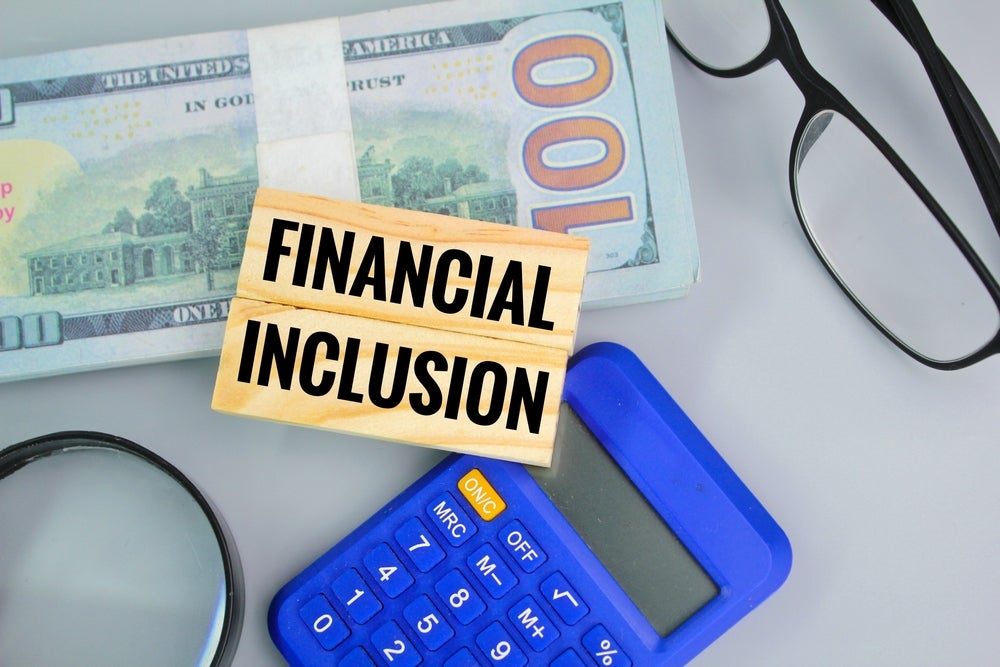Do we need to take our foot off the accelerator when it comes to payment innovation? Are we innovating simply for the sake of it, instead of for customers? Ian Benn, SVP at Ingenico, writes
Paying for things has changed a lot in most countries, as more of us catch on to the idea that there are easier ways to transact than using a pile of coins, a cheque – in some countries – or a card with a signature. Contactless, voice and fingerprinting all promise faster, easier ways to glide through life.
In recent months, I have been struck by a couple of interesting – and bizarre – news reports from the world of payments that serve as an important reminder that technological innovations can sometimes bring new challenges to be overcome.
Digital assistants are not particularly discriminating
Report number one highlighted for me the issues presented by interaction with new payment technology – especially the new generation of voice-activated household digital assistants designed to make shopping easier from the comfort of your own home.
It seems that Amazon’s digital assistant, Alexa, is not picky about whose orders she acts on – in fact, she is more than happy to respond to children, the TV and even animals. An African grey parrot, Buddy, was one such ‘customer’ who, mimicking his owner’s voice, managed to purchase a range of products, including a £10 ($13.14) order for gift boxes, much to his family’s bemusement.
This article may be amusing, but humour aside, it reveals something stark: the Alexa voice-activated purchasing process is obviously very seamless and convenient, but if it is not carefully set up, it may not be totally secure. Clearly more needs to be done to ensure that the right balance is struck between ease of use and security.
How well do you really know your competitors?
Access the most comprehensive Company Profiles on the market, powered by GlobalData. Save hours of research. Gain competitive edge.

Thank you!
Your download email will arrive shortly
Not ready to buy yet? Download a free sample
We are confident about the unique quality of our Company Profiles. However, we want you to make the most beneficial decision for your business, so we offer a free sample that you can download by submitting the below form
By GlobalDataIt is widely agreed that seamless payment experiences enhance the customer experience and ensure that people are happy to continue shopping with their retailers of choice; yet it is evidently important to consider the wider implications as well.
Customers serving themselves supermarket freebies
The second story that caught my eye puts the spotlight on an issue of trust between bricksand- mortar retailers and their customers.
According to UK media reports, a major supermarket – working with University of London criminology expert Emmeline Taylor – uncovered a discrepancy in its vegetable sales that suggested it had been routinely selling more carrots than it actually had in stock. It turned out that customers were purchasing more than 18kg of the root vegetable each – perhaps they are stockpiling ahead of Christmas?
It turns out that the reason for the anomaly is that self-service customers were selecting the cheap ‘carrots’ option when weighing avocados and other expensive vegetables at the checkout, in an attempt to reduce their shopping bill.
Clearly, this is a form of theft that is every bit as immoral as taking something off a shelf and failing to pay for it, yet many consumers feel that this is an acceptable, even victimless crime. Some seem to justify it as a game, while others consider it payback for a store that is too cheap to offer a ‘proper’ checkout staffed by a team member.
We know that some people may feel forced to steal out of desperation, but the research from Taylor shows that this type of self-service theft is far more often driven by another motivation – namely a sense of resentment against a giant corporation forcing the individual to check and pack their own goods.
Loss through theft, or ‘shrinkage’, is something every retailer allows for in its business model, and it may be that the losses from self-service theft are offset by the savings in checkout personnel costs. Nevertheless, this story highlights a breakdown in trust between customers and merchants.
Payment behaviour is not always rational
As behavioural economics guru Richard Thaler taught us in his 2015 book Misbehaving, people are seldom entirely rational, and nowhere is this more apparent than in the way we pay. The technology is there and waiting, but something is stopping people from making the switch in many countries.
Logically, we know that we could have a much easier time at the checkout – or simply not have checkouts at all – but we find our rituals comforting, and we take time to adjust to a new way of doing things.
The new payment technology appearing in stores and in our homes offers plenty of potential to transform our lives for the better; however, when we are choosing to part with our hard-earned money in exchange for goods, we still like the moment to be recognised. My own experience tells me this applies to the seller just as much as the buyer – retailers want to be confident that they will be paid fairly for the goods before the customer leaves the store or before their products are shipped out of the warehouse.
Of course, there are many frictionless ways to achieve this. Nevertheless, the small ritual of presenting the card or handing over the cash retains an important place in our psyche, forming the foundations of the trust between consumer and retailer that all transactions depend on.
The way we pay continues to change, and there is every sign that payment technology will evolve to integrate every more seamlessly into our everyday lives. Humans are adaptable, after all, and have a knack for settling into new habits. All that is needed is time and a little patience on behalf of retailers as they wait for consumers to acclimatise to the new payments landscape.







